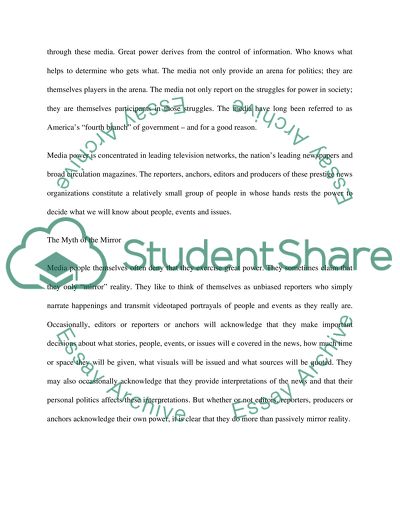Cite this document
(“Media Power Essay Example | Topics and Well Written Essays - 1500 words”, n.d.)
Media Power Essay Example | Topics and Well Written Essays - 1500 words. Retrieved from https://studentshare.org/miscellaneous/1523817-media-power
Media Power Essay Example | Topics and Well Written Essays - 1500 words. Retrieved from https://studentshare.org/miscellaneous/1523817-media-power
(Media Power Essay Example | Topics and Well Written Essays - 1500 Words)
Media Power Essay Example | Topics and Well Written Essays - 1500 Words. https://studentshare.org/miscellaneous/1523817-media-power.
Media Power Essay Example | Topics and Well Written Essays - 1500 Words. https://studentshare.org/miscellaneous/1523817-media-power.
“Media Power Essay Example | Topics and Well Written Essays - 1500 Words”, n.d. https://studentshare.org/miscellaneous/1523817-media-power.


